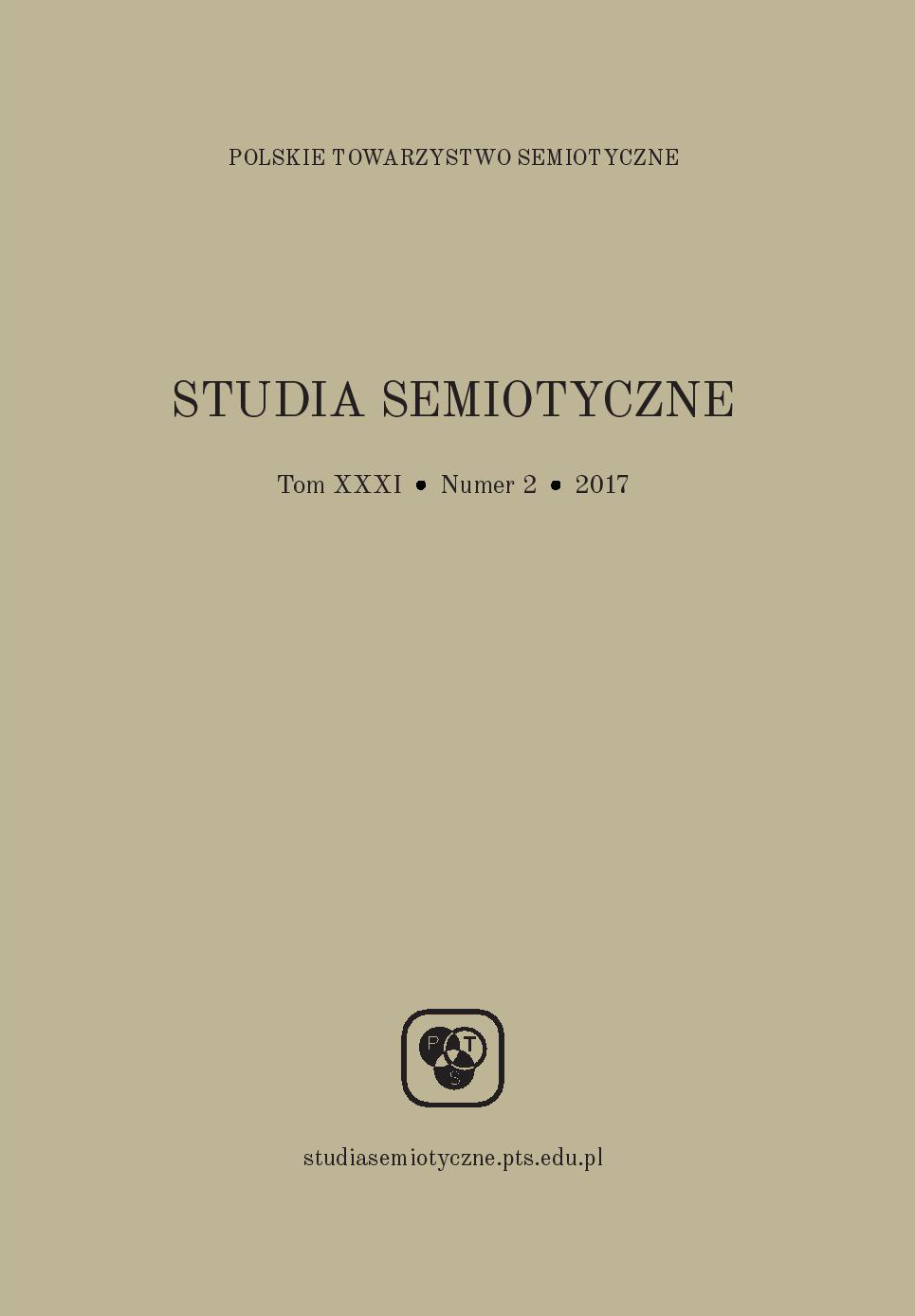Is meaning holism compatible with semantic minimalism?
Is meaning holism compatible with semantic minimalism?
Author(s): Filip KawczyńskiSubject(s): Semantics
Published by: Polskie Towarzystwo Semiotyczne
Keywords: meaning holism; contextualism; minimalism; local holism; global holism; instability; context sensitivity; literal meaning; pragmatic processes;
Summary/Abstract: Meaning Holism and Contextualism are standardly acknowledged to be similar relativistic theories that often lead to similar troubles, in particular to issues concerning instability. On the other hand, the main rival of Contextualism, which is Minimalism, is taken to be resistant to these problems. In effect, it seems inevitable to see Meaning Holism and Minimalism as natural enemies. In my paper, I attempt to reject such a view. My argumentation consists of three main parts. First, I argue that Minimalism does not differ that much from Meaning Holism with respect to the instability issues as it also faces some of them (although in a slightly different way from the case of Holism of Contextualism). Second, I put forward several arguments to show that in fact Minimalism is not incompatible with the two versions of MeaningHolism I distinguish, namely Global Holism and Local Holism. I argue that a meaning holist has to accept some not uncontroversial principles to become an anti-minimalist – and vice versa. Finally, I demonstrate that Minimalism and Meaning Holism can be reconciled. Such a possibility occurs when something I called ‘purely semantic processes’ is allowed. The role of these processes is, roughly speaking, to protect literal meanings from being affected by strong pragmatic factors.
Journal: Studia Semiotyczne
- Issue Year: XXXI/2017
- Issue No: 2
- Page Range: 53-75
- Page Count: 23
- Language: English

